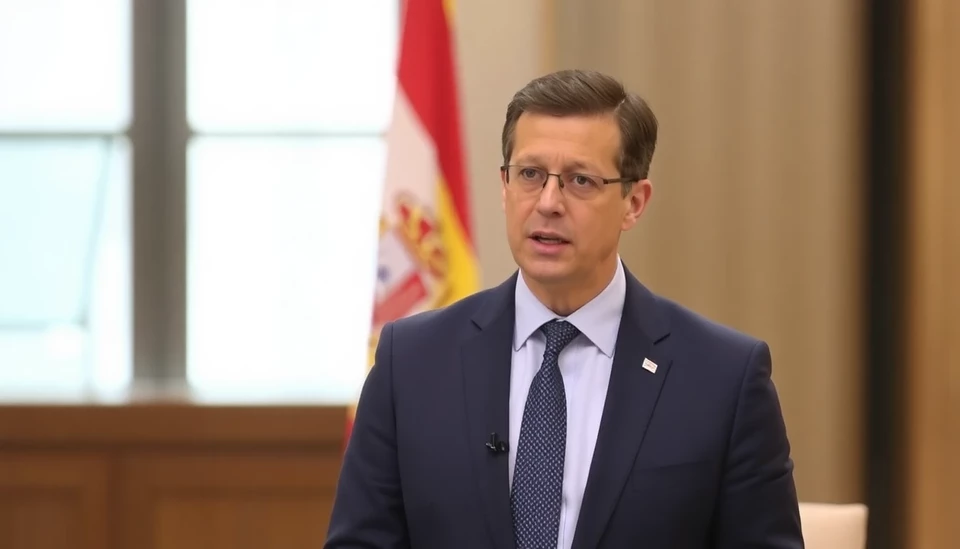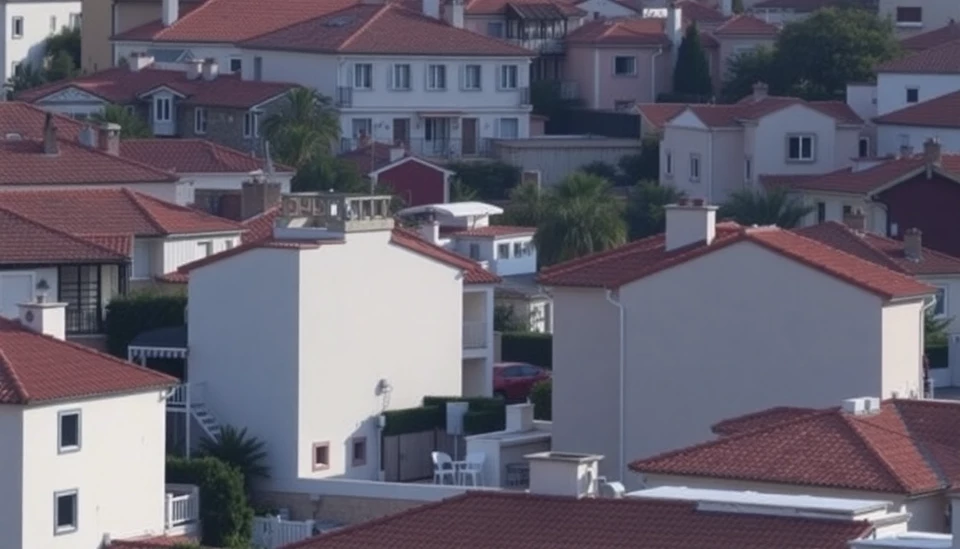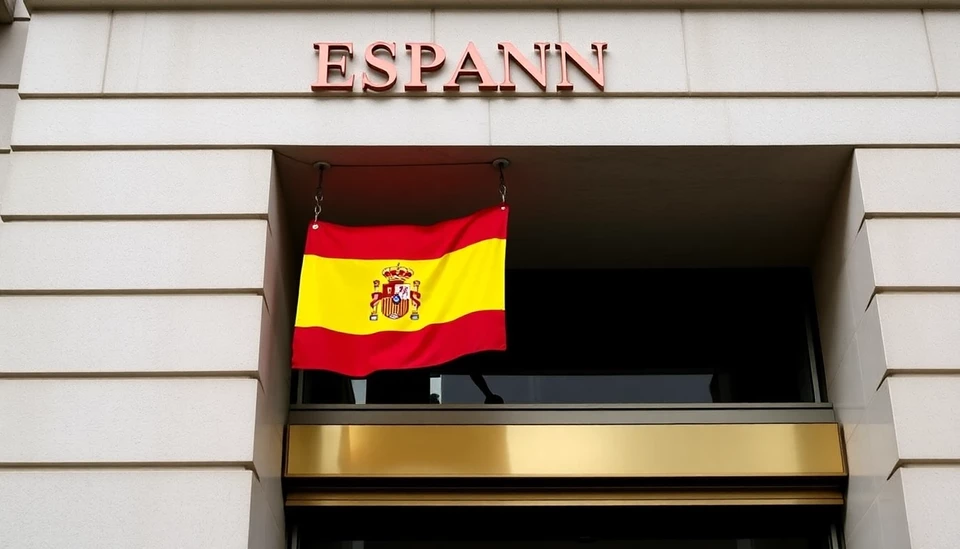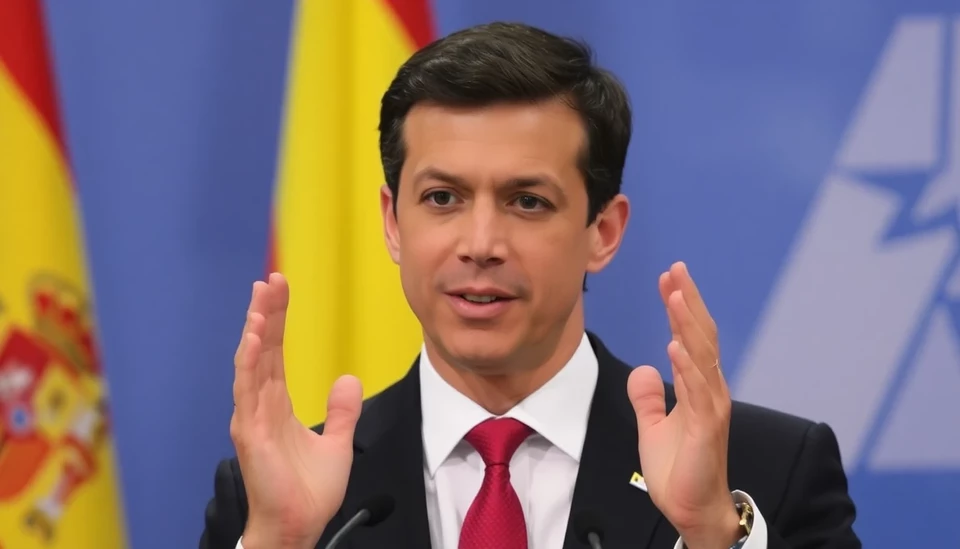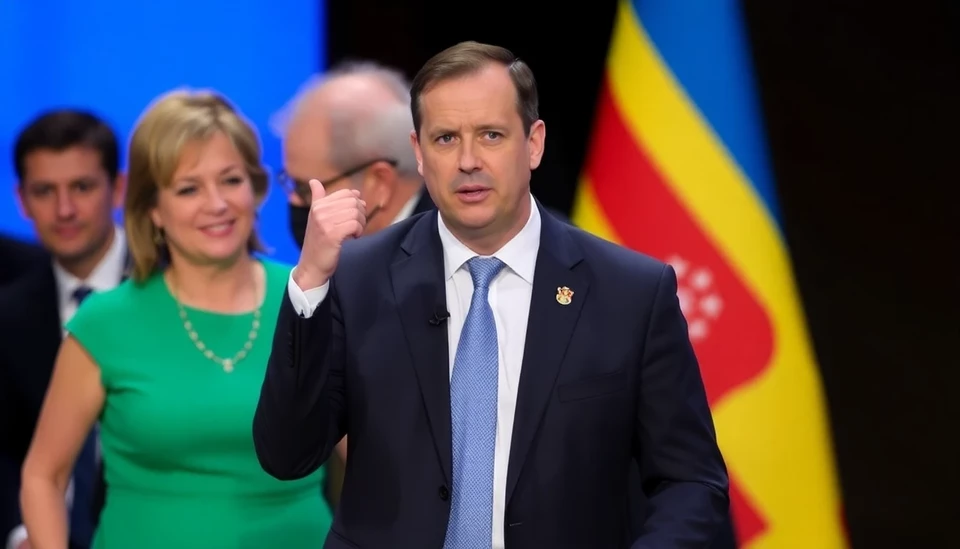
In a significant political development in Spain, Prime Minister Pedro Sánchez has suffered a major blow as the Catalan political party, Esquerra Republicana de Catalunya (ERC), has announced it is halting negotiations aimed at securing support for Sánchez's administration. This abrupt end to discussions comes in the wake of deepening tensions surrounding Catalonia's autonomy and the Spanish government's handling of numerous socioeconomic issues.
The ERC's decision to withdraw its support raises critical questions about Sánchez’s ability to maintain a functioning coalition government. Historically, ERC has been a key ally for Sánchez’s Socialist Workers' Party (PSOE), particularly during times of political fragility. The party's move could further destabilize Sánchez's minority government, which relies heavily on the backing of regional parties.
According to sources close to the negotiations, the ERC leaders expressed dissatisfaction with the central government's response to Catalan grievances, including demands for greater autonomy and more funding for regional projects. The ongoing impasse has intensified frustrations within the ERC, which has accused the Sánchez administration of failing to fulfill promises made to enhance regional governance in Catalonia.
Moreover, this development comes as Sánchez's government has been grappling with several other pressing issues including high inflation rates and widespread social discontent. The mounting challenges could exacerbate the countermoves by other regional parties, pushing Sánchez to seek alternative support in an increasingly fragmented political landscape.
Political analysts suggest that this setback might prompt the prime minister to recalibrate his approach to negotiations with regional parties, particularly as upcoming elections loom on the horizon. With Catalonia at the heart of Spain's political tensions, the ERC’s exit from negotiations may force Sánchez into a corner, potentially leading to more significant negotiations with other autonomous communities seeking similar concessions.
In light of these events, the future of Sánchez's administration seems precarious as he now faces the daunting task of re-establishing trust with not only the ERC but also other potential allies. His government’s pursuit of greater political stability may also entail a revisiting of policies that directly impact Spain’s diverse regions, especially those like Catalonia that have historically sought more autonomy.
This emerging political landscape highlights the intricate balance required in coalition governance, as individual party interests often clash with collective governance efforts. Sánchez's next steps will be critical, not only for his administration but also for the broader trajectory of Spain's governance and its regional dynamics.
As Spain navigates these turbulent waters, observers are keenly watching how the political parties will realign themselves in light of these developments. The path forward for Sánchez and his government remains uncertain as they confront an evolving political landscape marred by polarization and regional aspirations.
#PedroSánchez #ERC #SpainPolitics #Catalonia #CoalitionGovernment #PoliticalSetback
Author: Rachel Greene

